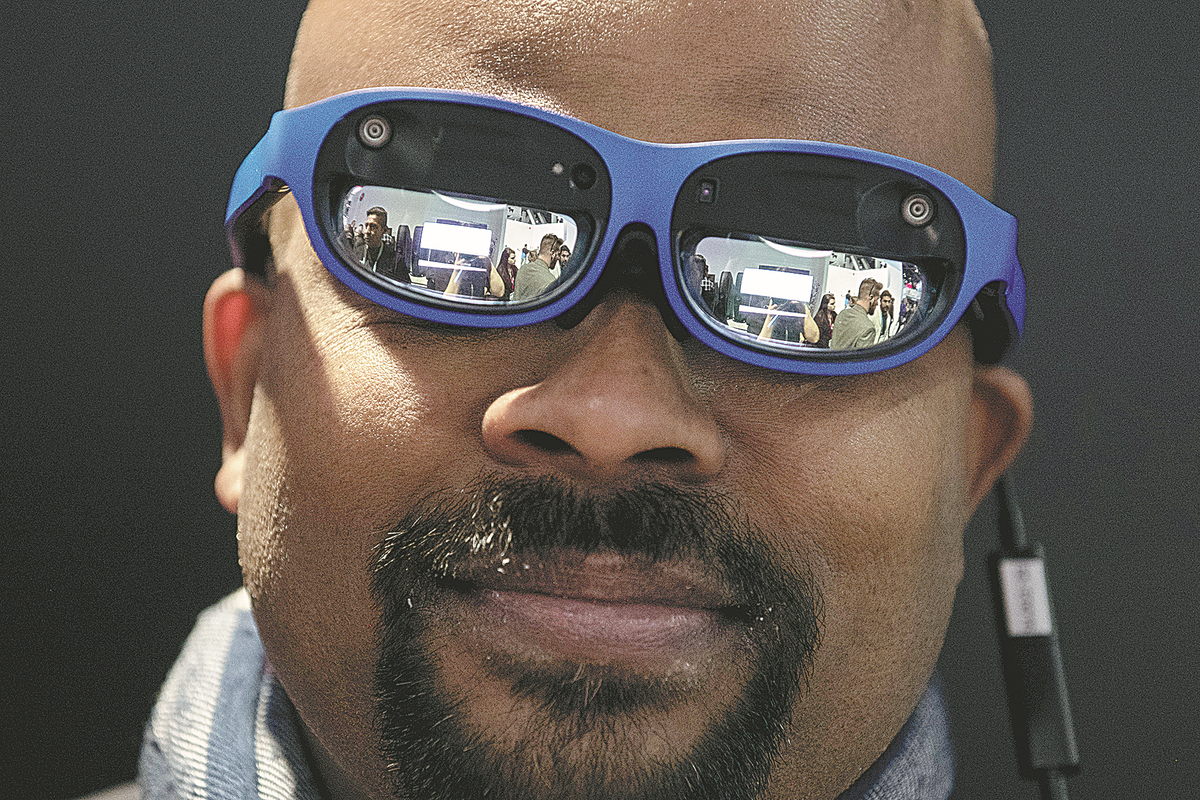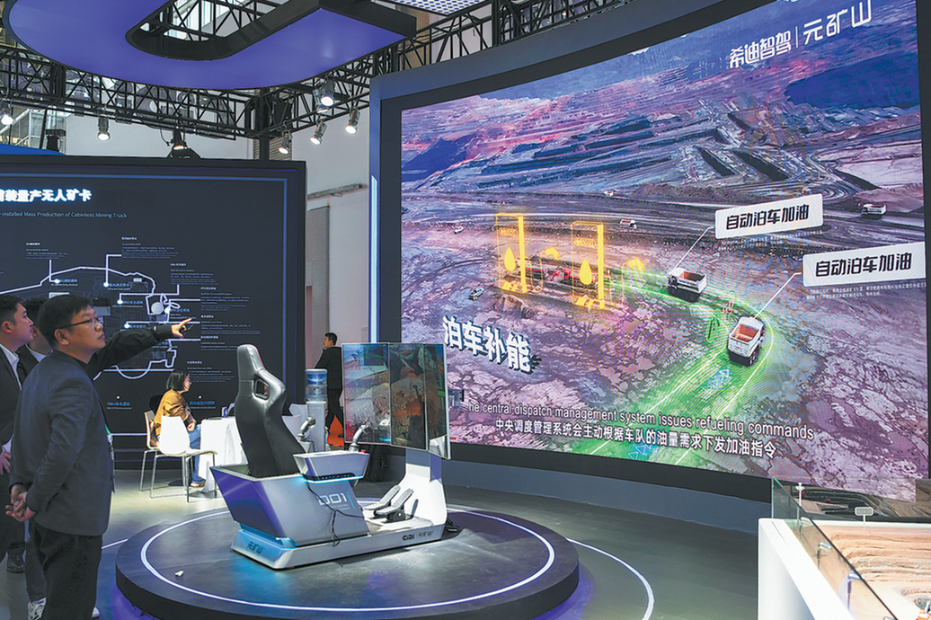Nreal sees bright vista for cutting-edge glasses
By MA SI | China Daily | Updated: 2022-09-12 09:58

Chinese augmented reality eyeglass pioneer Nreal will expand its vision in the domestic market after establishing a presence abroad in the past five years by partnering with leading foreign telecom operators to make AR glasses lighter and more popular.
The Beijing-based company is backed by big-name investors including Alibaba Group Holding Ltd, Sequoia Capital, and Hillhouse Capital.
Xu Chi, founder and CEO of Nreal, said Nreal X and Nreal Air-its two latest models of AR glasses-are part of its broader push to tap into the metaverse, or a 3D version of the internet.
The AR device market has so far been dominated by enterprise devices. Although AR has proved popular with consumers on smartphones with breakout hit apps such as Pokemon GO and Snapchat, consumer devices have yet to reach the mainstream. But there are encouraging signs showing that the consumer AR device market tripled from 2020-21, according to market research company Strategy Analytics in its latest report.
Specifically, global consumer AR shipments grew 161 percent year-on-year from 2020 to 2021. In the same period, growth in consumer AR revenue hit over 300 percent year-on-year.
David MacQueen, executive director of Strategy Analytics, said newcomer Nreal is driving the consumer AR market and has found a sweet spot for both price ($599) and functionality. Its market share of consumer AR shipments rose to 81 percent in the first half of 2022, up from 75 percent share last year.
AR technology imposes digital images over the real world. Users can wear Nreal's glasses to access AR applications such as games or movies.
AR forms a key component of the metaverse-a trending concept which loosely refers to a world of endless, interconnected virtual communities where people can meet, work and play, using such technologies as virtual reality headsets and AR glasses.
Xu said most people no longer doubt whether AR will be the next-generation computing platform, and the Beijing-based company aims to fully tap into the opportunity to bring consumers a new, unique AR experience.
He expects that by 2030, there may be more than 1 billion AR or virtual reality glasses offering various virtual and real interactive experiences.
"People today may think this figure is very high, but sometimes we overestimate the technology iteration in two to three years and underestimate the changes brought by technology or products in more than 10 years," Xu said.
























